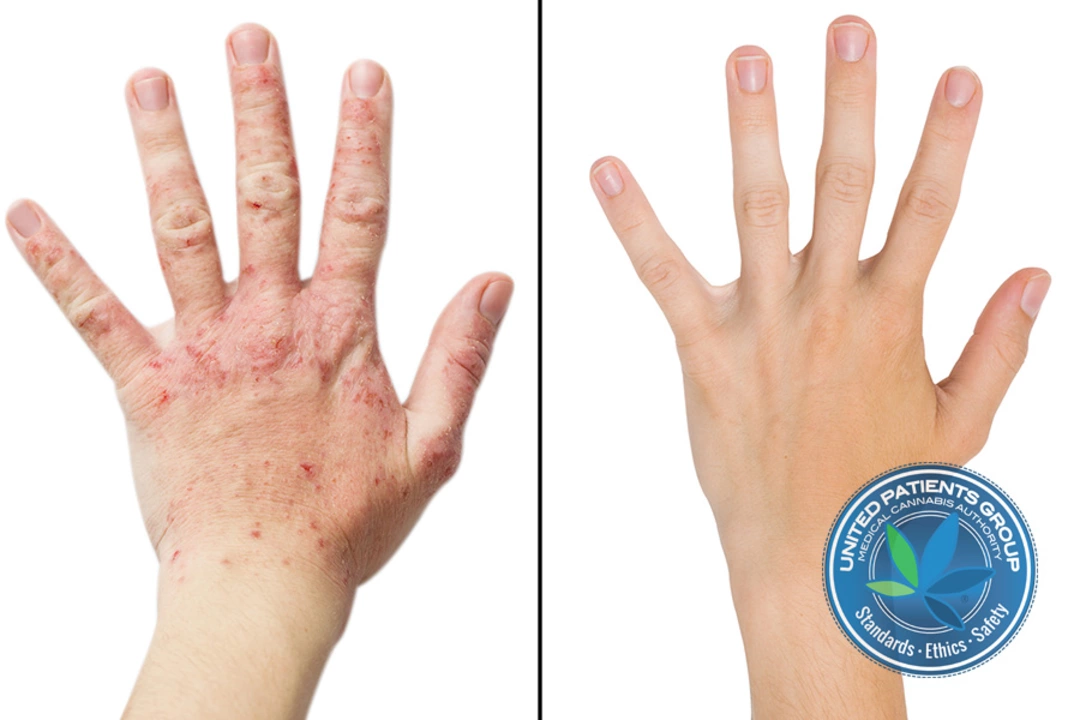Acitretin: what it does and who should know about it
If topical creams haven’t helped severe plaque psoriasis, acitretin is a prescription option your dermatologist might suggest. Sold under names like Soriatane, acitretin is an oral retinoid that affects skin cell growth and can reduce thick, scaly plaques. It isn’t a quick fix — expect to wait weeks to months to see real change — but for some people it gives meaningful improvement when other treatments fail.
How acitretin works and who it's for
Acitretin is a synthetic form of vitamin A (a retinoid). It slows down the rapid skin cell production that causes psoriasis plaques. Doctors usually reserve it for moderate to severe cases or when other systemic drugs aren’t suitable. It can be used alone or combined with light therapy (phototherapy) to boost effect, but your provider will weigh benefits and risks before combining treatments.
Typical starting doses range from 10–25 mg daily and may be adjusted up to 50 mg depending on response and side effects. Lower doses are common for older adults or those with liver issues. Never change dose or stop suddenly without talking to your clinician.
Side effects, monitoring, and key safety rules
The most common side effects are dry lips, dry skin, itchy eyes, and hair thinning. Less common but important effects include raised liver enzymes and higher cholesterol or triglycerides. Your doctor will check blood tests (liver function and lipid panel) before starting and periodically while you take it.
Acitretin is strongly teratogenic — it causes severe birth defects. Women who can become pregnant need two negative pregnancy tests before starting, must use reliable contraception during treatment, and must avoid pregnancy for 3 years after stopping the drug. Also avoid donating blood while on acitretin and for 3 years after, since blood could be given to a pregnant person.
Avoid alcohol while taking acitretin and for a period after stopping it. Alcohol can transform acitretin into etretinate, a related compound that stores in fat and prolongs pregnancy risk. Tell your doctor about all medicines and supplements you take: vitamin A supplements and tetracycline antibiotics can raise risk of serious side effects like increased intracranial pressure or toxicity.
If you experience severe muscle pain, yellowing of the skin, unusual bleeding, or mood changes, contact your healthcare provider right away. Don’t self-adjust dose based on how you feel; lab checks guide safe use.
If acitretin isn’t a fit, alternatives for severe psoriasis include methotrexate, cyclosporine, and newer biologic drugs. Each option has its own risks and monitoring needs, so discuss trade-offs with your dermatologist.
Bottom line: acitretin can help certain cases of severe psoriasis, but it needs careful monitoring and strict pregnancy precautions. Ask your dermatologist about dosing, monitoring schedules, and how this drug fits into your overall plan.

